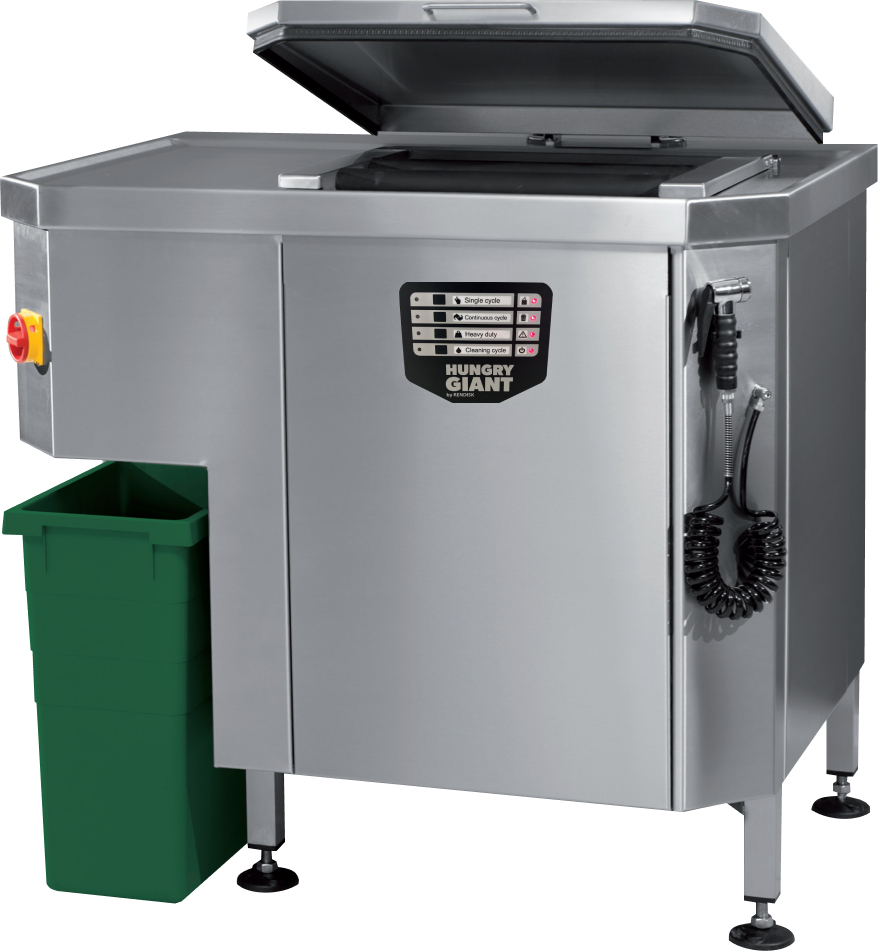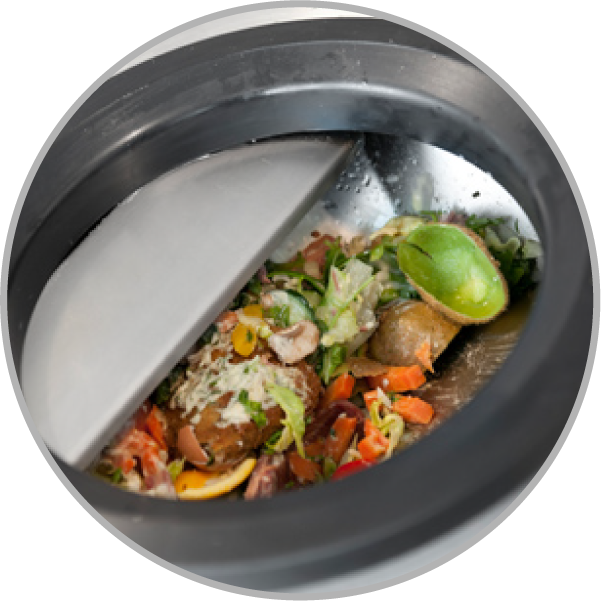It’s Time to Rethink What We Throw Away: A Fresh Look at Commercial Food Waste Collection

In kitchens across Australia—whether in restaurants, cafés, hospitals, hotels, or aged care homes—food waste is an unavoidable part of daily operations. At the end of a busy shift, bins fill up with vegetable trimmings, stale bread, overcooked rice, expired produce, or plate leftovers. Often, this waste is quietly bagged, taken out to the skip, and forgotten about.
But that seemingly harmless act—tossing food into the bin—comes with serious consequences. And increasingly, it’s becoming a major concern for businesses trying to reduce costs, improve sustainability, and operate more efficiently.
That’s where commercial food waste collection comes in—not as an afterthought, but as a smart business solution that’s gaining momentum across the industry.
What Is Commercial Food Waste Collection, Really?
At a glance, it’s easy to assume that food waste collection is just about having someone pick up your bins. But the reality is far more nuanced—and much more powerful.
Commercial food waste collection refers to the professional removal and handling of organic waste specifically from businesses that generate large volumes of food scraps. These collection services don’t just haul waste to a landfill—they transport it to composting facilities, anaerobic dig-esters, or food recycling plants where it can be transformed into useful byproducts like compost, bio-gas, or animal feed.
For business owners and managers, it’s a chance to streamline waste processes, lower disposal costs, improve hygiene, and make a genuine environmental impact.
The True Cost of Ignoring Food Waste
Let’s break this down practically.
You’re paying staff to handle waste—bag it, haul it, clean up after it. You’re paying for large bin pickups, often multiple times per week. You’re dealing with smells, pests, and messy bin areas that staff hate dealing with. Plus, you’re paying indirect costs—time, reputation impact, and even compliance risks if you’re not handling waste properly.
Now consider this: food waste is heavy. Heavier than cardboard, plastic, or most general waste. Waste contractors typically charge by volume and weight. So every time you toss wet food scraps into the general bin, you’re increasing your disposal bill.
That’s why so many businesses are turning to food waste collection services tailored specifically for the food industry. These services focus solely on organics, offering smarter, cleaner, and often cheaper ways to deal with what you’re throwing out.
Why Food Waste Collection Services Are Booming
The food service industry is changing. Sustainability isn’t just a buzzword—it’s becoming a core part of how businesses operate. Customers care. Staff care. Governments care.
And as pressure mounts to cut emissions and reduce landfill dependency, food waste collection companies are stepping up to fill a much-needed gap in the market.
Here’s why more businesses are making the switch:
1. Sustainability Goals and ESG Reporting
More businesses, especially larger venues and franchises, are now required to report on their environmental performance. Food waste diversion is a simple metric that shows clear progress.
2. Bin Room Efficiency
By separating food waste from general waste, businesses often reduce their overall waste volume. That means fewer pickups, less overflow, and cleaner bin rooms.
3. Compliance with Local Regulations
In some Australian states, commercial food businesses are already being asked—or required—to separate organics. Choosing the right food waste collection company helps ensure you stay on the right side of legislation.
4. Public Image
Consumers are paying attention. Brands that can show their commitment to reducing waste are more likely to earn customer trust and loyalty.
Choosing the Right Food Waste Collection Company
Not all collection services are created equal. The best food waste collection companies understand the specific needs of your business. They know kitchens are busy, storage space is limited, and staff don’t have time for complicated systems.
Here are a few things to look for:
Reliable Scheduling
You need pickups that align with your waste generation. Whether it’s daily, weekly, or as-needed, consistency is key.
Clean, Sealed Bins
Good providers offer purpose-built food waste bins that are easy to clean, leak-proof, and rodent-resistant.
Clear Instructions for Staff
Training or signage for back-of-house staff ensures the system works smoothly and nothing gets contaminated.
Transparency
Top providers track how much food waste you're diverting and may offer sustainability reports to show your progress.
At Hungry Giant, we help connect clients with trusted, proven food waste collection services. More importantly, we help businesses get waste-ready with solutions that reduce food waste before it even gets collected.
Hungry Giant’s Holistic Approach
We understand that no two businesses are the same. A hotel buffet produces very different waste than a childcare kitchen. That’s why we don’t just sell machines—we help businesses design better systems.
Our commercial food waste dehydrators and grinders reduce the volume and weight of waste on-site, meaning you’ll need fewer pickups and smaller bins. That translates directly into lower costs and cleaner operations.
For example, one aged care facility we worked with used to fill five large bins of food waste every week. After installing our system and working with a local collector, they cut down to just one small bin—cleaner, cheaper, and far easier to manage.
Let’s Talk Practical Numbers
Still wondering if this makes business sense?
Here’s a simplified example:
Without a collection plan:
A restaurant generates 400kg of food waste weekly.
Waste collection costs: ~$300/week.
Yearly cost: ~$15,600.
With a food waste collection service + dehydrator:
Food waste reduced by 80%.
New collection cost: ~$90/week.
Yearly cost: ~$4,680.
Annual savings: nearly $11,000.
Of course, figures will vary based on location, volume, and provider—but the savings are real.
Final Thoughts: Waste Less, Save More, Do Better
In the world of hospitality and food service, margins are tight. Every decision matters. And the way you handle food waste—something every business generates—is no longer just about convenience. It’s about responsibility, reputation, and long-term savings.
With the right food waste collection company, supported by efficient equipment and smart processes, you can turn what used to be a messy problem into a streamlined, sustainable solution.
At Hungry Giant, we’ve seen what works—and we’re here to help your business make the switch.
Note: IndiBlogHub features both user-submitted and editorial content. We do not verify third-party contributions. Read our Disclaimer and Privacy Policyfor details.







